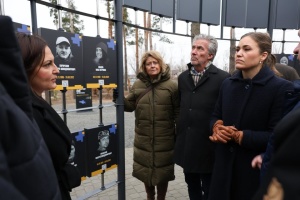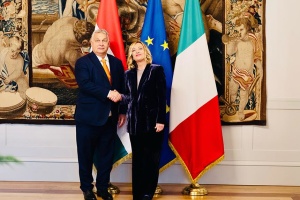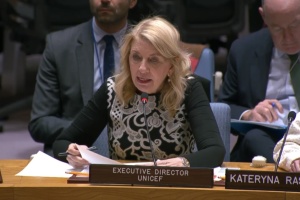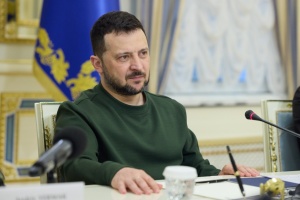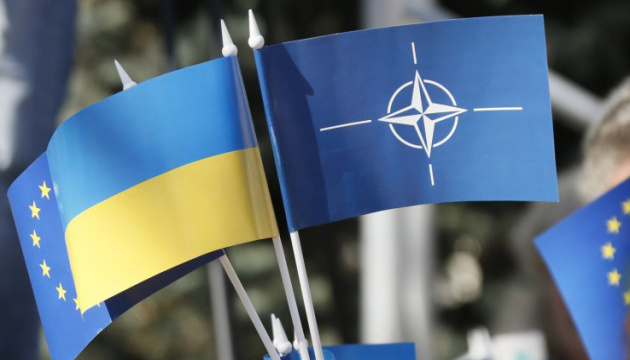
Three membership components: What will Ukraine's path towards NATO be?
Vice Prime Minister for European and Euro-Atlantic Integration of Ukraine Olha Stefanishyna for the Yevropeiska Pravda:
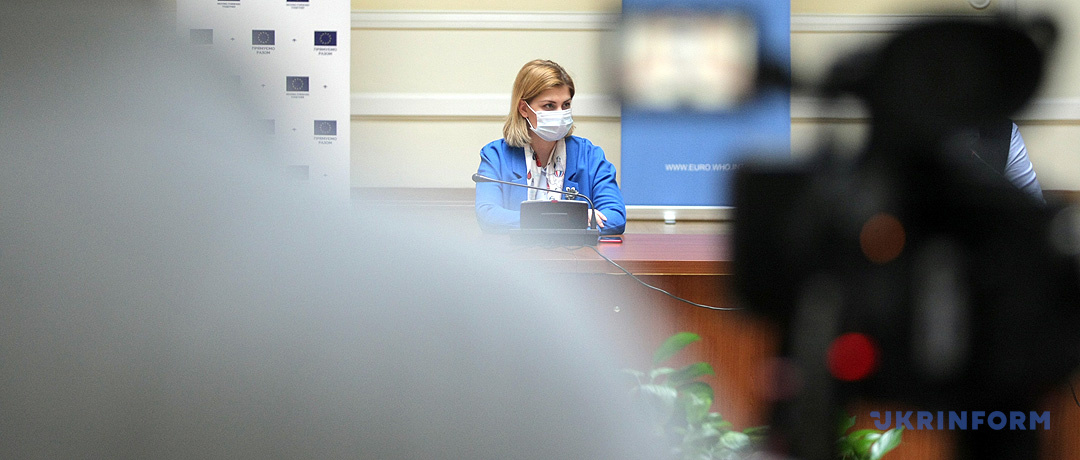
Two months ago, Ukraine took a big step towards deepening practical cooperation with NATO: the North Atlantic Council granted Ukraine the status of Enhanced Opportunities Partner (EOP).
Prior to that, only five countries were granted such a status, including Georgia and EU member states Sweden and Finland.
We did not receive this status as an advance. It is recognition of Ukraine's contribution to collective security on the continent and in the world and summarizes the work we have already done.
At the same time, this success has raised questions about what our future path towards the Alliance membership will be like.
Let's try to analyze. The overall procedure has three elements.
The first one, the most obvious but not exhaustive, is the interoperability of the armed forces.
The second element is domestic reforms reflected in the Annual National Programmes.
The third element is the desire to join the Alliance's major processes, such as the formation of the NATO 2030 strategic concept.

2020 Annual National Programme
NATO-Ukraine annual national cooperation programmes are a tool for meeting the criteria for membership in the Alliance. The programmes are not limited to military and defense issues. They are implemented gradually and consistently from year to year and fundamentally transform the country.
There is a lot of information in the media and social networks about why 2020 has become such a difficult year for the world. Like the rest of the planet, Ukraine has experienced the coronavirus pandemic, global lockdown and its economic consequences. Despite the circumstances, the strategic priorities have remained unchanged, and we have already crossed the "equator" of the 2020 Annual National Programme (ANP) under the auspices of the NATO-Ukraine Commission.
The reports filed by all ANP participants (more than 70 ministries and agencies, including state-owned enterprises) for the first two quarters of this year shows that the programme has been implemented in a planned manner and in accordance with the schedule.
That is why we are continuing to prepare for the autumn visit of NATO International Staff experts to Ukraine in better conditions.

Strategic reforms
Each annual programme is a set of strategic reforms that bring Ukraine closer to NATO membership in many areas besides the military. Here is a noteworthy fact: the GDP per capita in North Macedonia (a country that joined the Alliance this year) totals over $6,000. It’s almost twice as much as in Ukraine.
This means that compliance with the values of democracy, freedom, and the rule of law on which the Alliance is based requires systemic, value-based changes in the candidate countries. This process also raises the living standards of citizens.
The 2020 Annual National Programme is particularly orientated towards the people. It focuses on systemic transformation without diminishing attention paid to defense and security.
After all, security requires the internal stability of the state which is ensured by economic stability, the rule of law, modern infrastructure, education and medicine.
In this context, the steps we need to take for Euro-Atlantic integration largely coincide and complement the steps necessary within the framework of European integration.
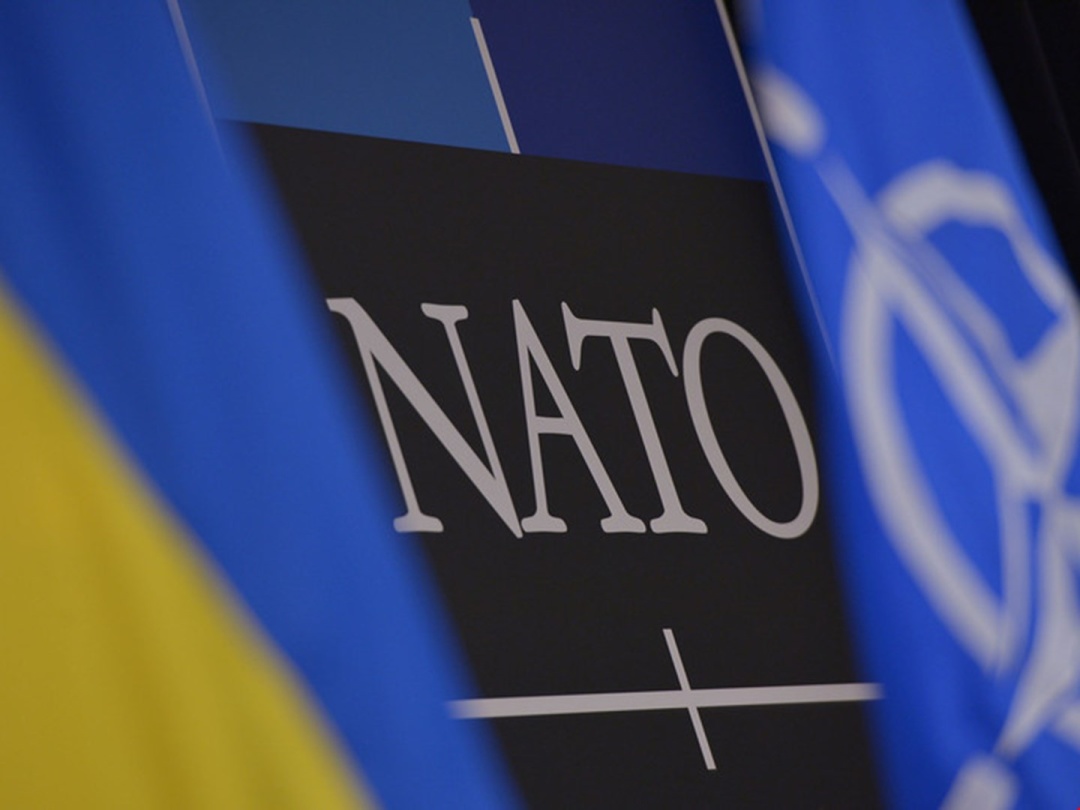
Ukraine and NATO 2030
After NATO recognized Ukraine's contribution to global security by granting our country EOP status, the next step has become obvious. Joining the analytical process of forming NATO reflection process (NATO 2030).
This concept will determine the development of the Alliance over the next ten years, not only in terms of enlargement, but also in context of creation of an effective architecture for Euro-Atlantic and global security which will reflect the challenges of previous years.
I discussed the importance of involving the Ukrainian side in this process with NATO Secretary General Jens Stoltenberg during my visit to Brussels. From our point of view, it is logical to form NATO 2030 strategic concept taking into account Ukraine's experience, capabilities and strategic role in maintaining security on the European continent and in the world in general, as well to provide details of the country's Euro-Atlantic movement.
Our success on this path depends on our own strategic initiative, joint coordinated and consistent efforts in all areas - governmental, parliamentary, public.
Military security, for which the North Atlantic Alliance was once formed, is only an element of security in the broadest sense: the security that actually equals to the quality of life and which nowadays is perceived as a norm by citizens of NATO member states.
ol

